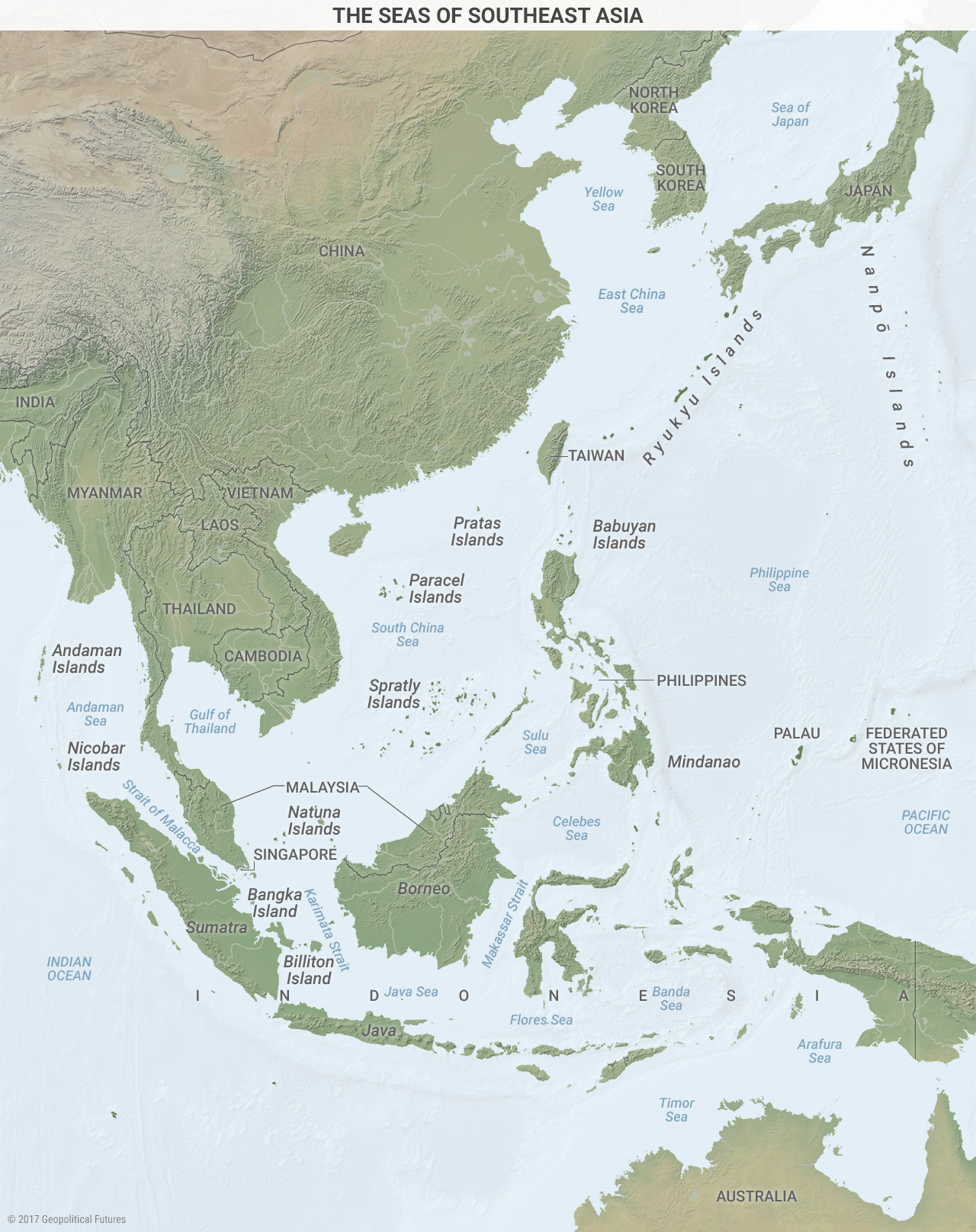Today, the region is insufficiently connected by infrastructure but riven by territorial disputes and by unaddressed insurgencies in its farthest reaches. Though the 10-member Association of Southeast Asian Nations has tried to solve these problems, it has held tight to its founding principle of non-interference in members’ internal affairs, opting instead to avoid the joint pursuit of economic and security agendas.
The Malacca Strait Patrols are an important exception. Launched by Singapore, Malaysia and Indonesia in 2006 (Thailand joined in 2008), the joint air and sea patrols have reduced the threat of piracy in one of the world’s most important shipping lanes. The trilateral patrols in the Sulu and Celebes seas, officially at least, will be based on the model established in the Malacca Strait.
Of course, the patrols alone will not rid the Philippines or its neighbors of jihadists. The same issues that have routinely hindered collective action throughout Southeast Asia will limit the scope of the program, if not undermine its effectiveness altogether. But the initiative does amount to a step toward regional integration, even as it proves the indispensability of the United States and its allies in Southeast Asia — playing directly into U.S. strategy in the Asia-Pacific.






